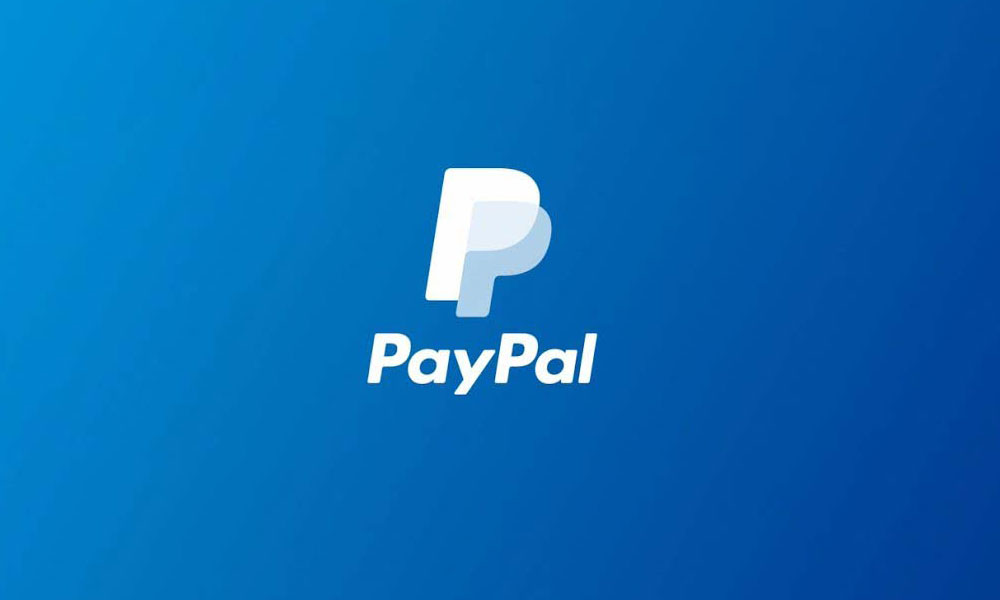Knowing where you want your business to end up is a useful way of determining what course you should set from the off, and this is especially applicable in the world of e-commerce.
Brick and motor stores can change when change is needed, lease a larger unit, purchase more sophisticated equipment, but this isn`t the case with an e-commerce platform. Yes, platforms can be upgraded by the use of integrations and plugins, but only if you choose a platform that has the required capability in place.
Although many platforms claim to be the best e-commerce builders here are some pointers to help you compare, so you can move forward with your decision on what tools you may need as your business grows.
- Choose a platform that fits your budget
As with any business venture, how you go about it comes down to your budget. However, a low budget is not always a hindrance, as it encourages you to micro analyse your initial needs for getting started, and this also applies to e-commerce platform you choose.

Platforms can have different features and pricing, so identifying what you need upfront will help you make the right decision. Most platforms have monthly fees, so this cost is the first you can consider when assessing the viability of a platform. Other things to take into consideration are processing/transaction fees and subscriptions for additional apps, as these can quickly add up.
Scalability in App Development from Prototype to ProductionBy knowing which features you need, you will be able to shop around and identify the platform that can provide the service you need and at the lowest price.
- Payment options
Before you can make your first sale you need a payment system in place, and how you plan on taking payments can influence your decision on which e-commerce platform you choose.

Customers now expect to have options when it comes to payments, they want the process to be convenient and to align with what they are used to doing. If your platform doesn`t facilitate multi-channel payment options you run the risk of customers reconsidering their purchase and leaving the shopping cart in the virtual shopping aisle. Having a platform that ensures the process is a simple one can also increase impulse purchases.
Could the new iPhone Play a Part in Turning Design to the Dark Side?There are many ways you can ensure that your customers don`t flee before they buy. A great way of doing this is by enabling shoppers to have an account on your website so their card information is there when they need it. Also ensure that the platform you choose offers digital wallet solutions to enable the use of PayPal, Google Pay, Apple Pay and Amazon pay. Finally. If you are selling internationally you may require further payment options.
- Future Integrations
As your business grows, so might your need for expansion, and this is achieved on e-commerce platforms in the way of integrations and plugins. These integrations and plugins enable you to customize your website when needed.
When you are first considering a platform, your current business needs might not be what they will become when you need to expand. Integrations and plugins worth considering to ensure that you`re not left short on expansion options when needed are email marketing programs for direct advertising communications with your current and future customers, shipping apps, rewarding customer loyalty and accounting.
PC Tablets: The Advantages Of Going SmallSo, when choosing an e-commerce platform, ensure that it can host the changes that may be required.
.4. SEO considerations
SEO is a key part of any marketing strategy. Search engine optimization, (SEO) enables you to gain free traffic from Google and other search engines. However, key to good SEO is not only the actions you take, but also the underlying framework of the platform you use. Not all ecommerce platforms are the same – some are better for SEO than others.
5 Tips For Keeping Your Freelance Finances Under ControlTraffic from search engines usually makes up the lion’s share of the visitors you will receive to your ecommerce store, so it’s important that you compare the SEO abilities of the ecommerce platform that you choose.
- IT support
At some time in the future you may need support, and discovering that the support you need Isn`t there once You`ve bought your platform, built your website and started trading, is something you want to avoid.

It is a prudent procedure to look into this in debt as different platforms will offer different levels of support. Certain platforms may only offer support during working hours and only online, while other platforms, generally the bigger and more expensive ones, will provide 24/7 support that is contactable by multiple means, such as, support tickets, support forums, useful documentation, FAQ, live chat, and contact numbers where you can speak to a living technical adviser!
It is a mistake to think that you won`t need this kind of support at some point. If your site goes down or your customers can`t purchase it will not only lose your revenue but damage your reputation. Sites like Shopify and WooCommerce offer excellent support and are well worth the investment.
- Security
There are unscrupulous characters on line who are endlessly looking for the weak links in the system, your website and your customer’s financial records are only as safe as the security that your platform provides.
When choosing your e-commerce platform, ensure that it is PCI (Payment Card Industry) compliant, SSL and fraud prevention in place. By having these in place you will be able to rest easy that your business and your customers are protected.
- Scalability
The only way is up, but not if you have an anchor holding you down in the form of a platform that can`t be scaled along with your business growth.
It is natural when starting any business to focus your resources on your immediate needs, but with e-commerce, this isn`t advisable. When choosing your e-commerce platform, take into account your future projections. This will enable you to make a decision today that will have far-reaching results in the future.
By ensuring your platform can be scaled as your business grows you are setting yourself up for success.
CONCLUSION:
Having a solid understanding on what your e-commerce store requires at the beginning, and as your business grows, will help you navigate the complex questions and ensure that you choose an e-commerce platform that will both support you throughout your journey and enable you to diversify, so you can adapt and create a long-lasting and successful business.







